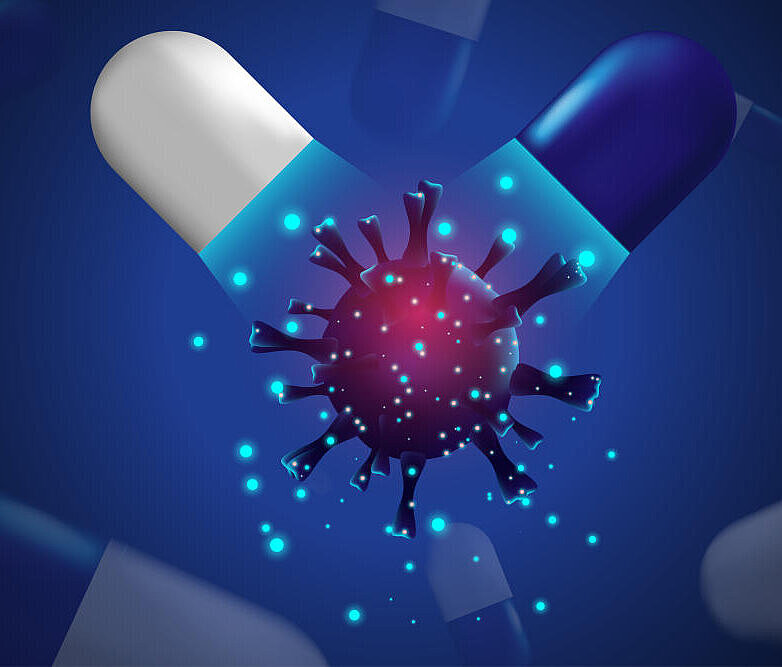For a number of reasons, the need for new medicines is greater than ever before. As the population is growing older, the call for new drugs to help fight common diseases like cancer, diabetes, or dementia is growing louder. At the same time, the need for new therapeutic modalities to treat also the rarer diseases is increasing. Many of our established drugs are fast becoming obsolete as pathogens are building up resistance against them, thereby rendering our current arsenal largely ineffective. As an example, the number of bacteria that have evolved resistance to several of our more common antibiotics has gone up dramatically.
At the same time, discovering and developing new drugs is becoming an increasingly greater challenge. Figuratively speaking, all of the low hanging fruit has long been picked. Researchers in the pharmaceutical industry are already hard at work identifying and developing the more obvious and easy cellular targets for new drugs to latch onto – with much success! However, state-of-the-art research into disease mechanisms points to potential modes of action that are actually quite difficult to inhibit or activate using small chemical substances. In addition, the demands placed on new medicines surrounding their efficacy and safety (such as their ability to minimize if not prevent adverse drug reactions) have markedly increased.
In their search for new drugs, scientists are finding themselves confronted with a host of new challenges. Germany's Helmholtz Association health centres have generated a wealth of expertise within their respective fields of disease research. In order to break new ground, the centres and their partners intend to develop mutually beneficial relationships that will help increase the breadth and depth of their expertise while allowing them to pool their resources across the respective boundaries of individual centres and the diseases whose potential therapies are the focus of their work.
The identification of new molecular mechanisms that could be exploited as potential targets for different types of drugs plays a key role. Intensifying the basic science research, which includes study of the pharmacological manipulation of biological mechanisms very early on, is sure to speed this process along. This is but one of the many goals that the nine partners of the Helmholtz Drug Research have set for themselves.
As part of this initiative, six of Germany's Helmholtz centres from the fields of health research and key technologies have joined forces with three non-Helmholtz affiliates.

